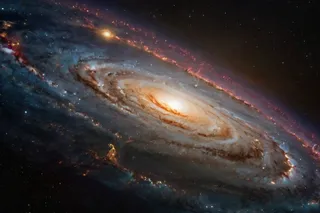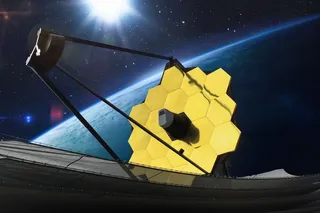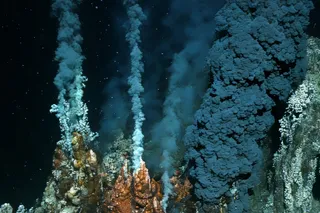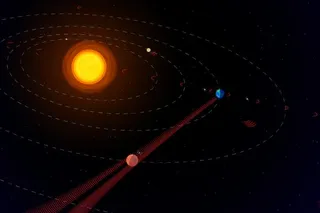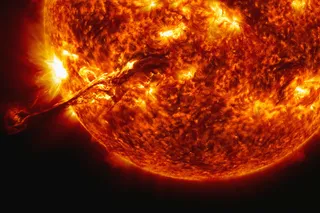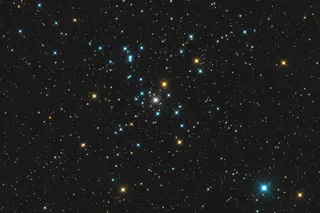When the first astronauts returned from space in the 1960s, their health assessments revealed something unexpected. Besides significant loss of muscle and bone mass, they were anemic — meaning their blood contained a lower-than-normal amount of red blood cells.
This phenomenon, known as “space anemia,” seems to be an unavoidable part of space travel. It happens to everyone who ventures beyond Earth’s atmosphere. But decades later, scientists still don’t fully understand the process.
For years, scientists thought space anemia was a temporary adjustment, part of the shift in bodily fluids that astronauts experience as they transition to microgravity, and therefore not much of a problem.
Recent research, however, suggests otherwise: A paper published in Nature Medicine in 2022 found that space anemia is the result of a dramatic and persistent spike in red blood cell destruction. Whereas on Earth our bodies break down 2 million cells every second, in space ...






